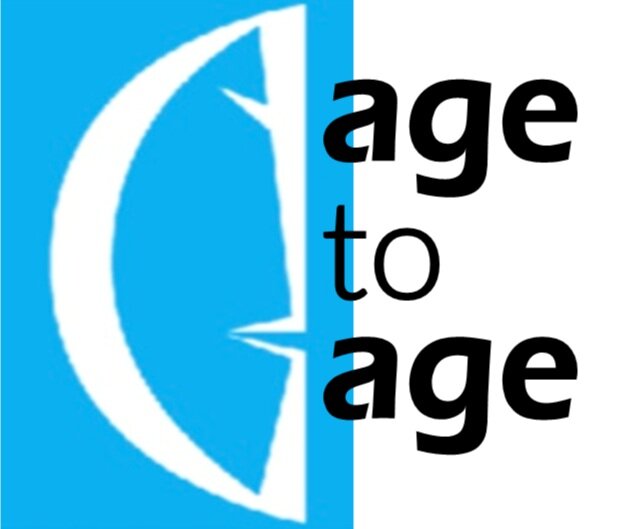
Child Support + Adolescence
Inspiring and enhancing your quality of life.
Child Support + Adolescence
Children from a young age are struggling with anxiety, depression, psychosis, drug use, addiction issues related to alcohol, gaming, sex, food and more. Some types of psychotherapy we implement:
Acceptance and Commitment Therapy (ACT) helps a child understand and accept their inner emotions. ACT therapists help children and teens use their deeper understanding of their emotional struggles to commit to moving forward in a positive way.
Cognitive Behavior Therapy (CBT) helps improve a child's moods, anxiety, and behaviour by examining confused or distorted patterns of thinking. CBT therapists teach children that thoughts cause feelings and moods which can influence behaviour. During CBT, a child learns to identify harmful thought patterns. The therapist then helps the child replace this thinking with thoughts that result in more appropriate feelings and behaviours. Research shows that CBT can be effective in treating a variety of conditions, including depression and anxiety. Specialized forms of CBT have also been developed to help children coping with traumatic experiences.
Dialectical Behavioural Therapy (DBT) can be used to treat older adolescents who have chronic suicidal feelings/thoughts, engage in intentionally self-harmful behaviours, or have Borderline Personality Disorder. DBT emphasizes taking responsibility for one's problems and helps the person examine how they deal with conflict and intense negative emotions. This often involves a combination of group and individual sessions.
Mentalization-Based Therapy (MBT) involves working with children and teens who struggle with who they are. MBT is focused on helping children grow into healthy individuals.
Parent-Child Interaction Therapy (PCIT) helps parents and children who struggle with behaviour problems or connection through real-time coaching sessions. Parents interact with their children while therapists guide families toward positive interactions.
Play Therapy involves the use of toys, blocks, dolls, puppets, drawings, and games to help the child recognize, identify, and verbalize feelings. The psychotherapist observes how the child uses play materials and identifies themes or patterns to understand the child's problems. Through a combination of talk and play the child has an opportunity to better understand and manage their conflicts, feelings, and behaviour.
Psychodynamic Psychotherapy emphasizes understanding the issues that motivate and influence a child's behaviour, thoughts, and feelings. It can help identify a child's typical behaviour patterns, defences, and responses to inner conflicts and struggles.
Psychoanalysis is a specialized, more intensive form of psychodynamic psychotherapy which usually involves several sessions per week. Psychodynamic psychotherapies are based on the assumption that a child's behaviour and feelings will improve once the inner struggles are brought to light.
Supportive Therapy gives children and teens support in their lives to cope with stress, identify helpful and unhelpful behaviours, and improve self-esteem.


